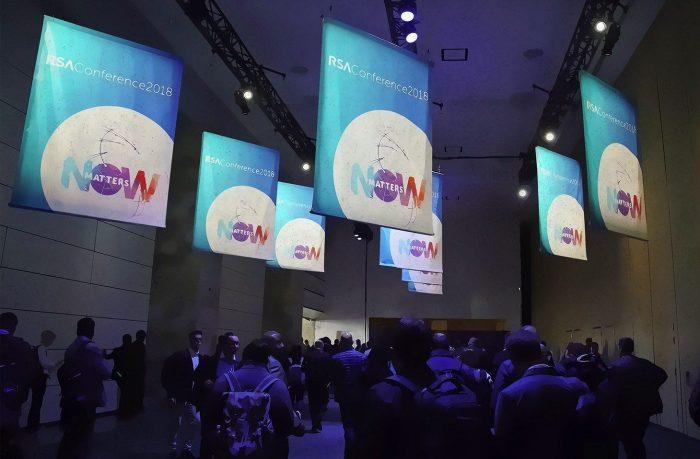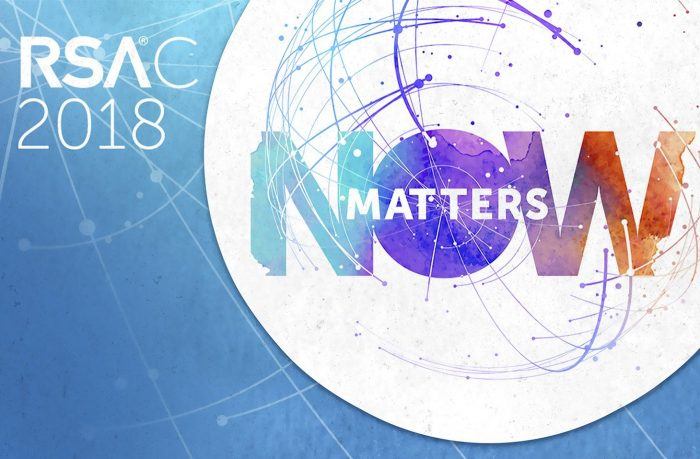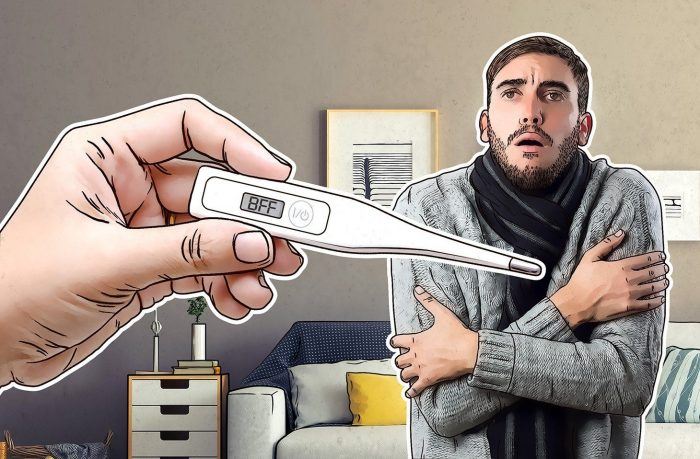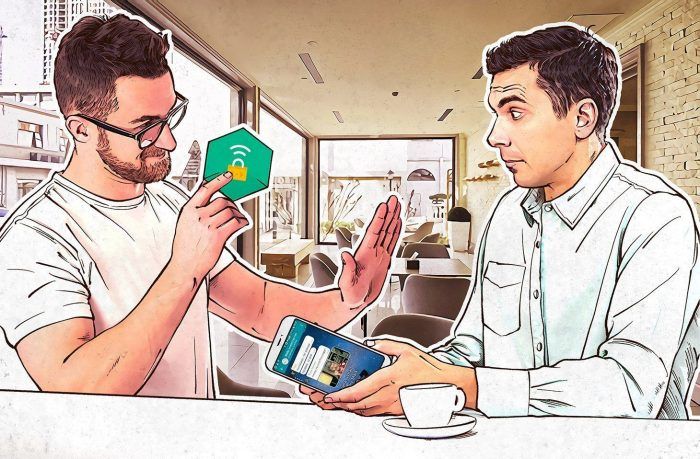
All posts
4084 articles


Who to trust: Different types of SSL certificates
We explain what digital certificates are, what types exist, and what problems are associated with them.

5 great talks you may have missed at RSA 2018
See a few highlights from the RSA Conference 2018 in San Francisco.

Fact-check: “BFF” security check in Facebook
Rumor has it that typing “BFF” as a Facebook comment checks your profile security. We investigate the claim.

Transatlantic Cable podcast, episode 33
On this podcast, special guest David Emm joins David to talk data privacy, AI, and smart homes

Leaking ads
Even very popular apps display ads using third-party code, which can transmit personal data unencrypted.

A single interface to protect your entire hybrid infrastructure
Protecting a hybrid infrastructure from a single console

How to make your VPN turn on when needed
Ensure Kaspersky Secure Connection switches on automatically when you open a particular app.

Noushin Shabab on women and cybersecurity
Noushin Shabab on her cybersecurity career and how women can succeed in the field

Augmenting third-party solutions
How to safeguard your solution and clients with time-tested technologies.

Transatlantic Cable podcast, episode 32
On this week’s podcast, Jeff and David discuss Facebook fallout, Amazon’s “voice-sniffing” patent, and a paid version of Google.

Which cryptocurrency wallet to choose
What is a cryptocurrency wallet, and how do you choose which one suits you best?

Kaspersky Cloud Sandbox: You can’t hide forever!
A cloud instrument for detailed malware activity analysis.

Help! My VPN isn’t popping up
What if you turn off Kaspersky Secure Connection but need it to automatically turn on again in dicey situations

How do businesses really feel about managed security service providers?
Revealing the pros and cons of MSPs.

What happened to the Internet: attack on Cisco switches
Malefactors are massively exploiting a vulnerability in Cisco switches, taking down entire segments of the Web.

Transatlantic Cable podcast, episode 31
Jeff and Dave discuss the latest changes at Facebook, a data breach at Panera Bread, the fallout from the ransomware in Atlanta, and more.

Quiz: Are your devices hurting your relationship?
Find out if your smartphones, tablets, and laptops are coming between you and your loved ones.

Hidden miners on Google Play
Hidden miners detected in soccer and VPN apps on Google Play — steer clear!

Go to a porn site, get a virus — right?
Most computer infections come from visiting porn sites, or so some people say. Are they right?
 #RSAC2018
#RSAC2018 security
security podcast
podcast
 hybrid cloud
hybrid cloud awareness
awareness technopartners
technopartners bitcoin
bitcoin